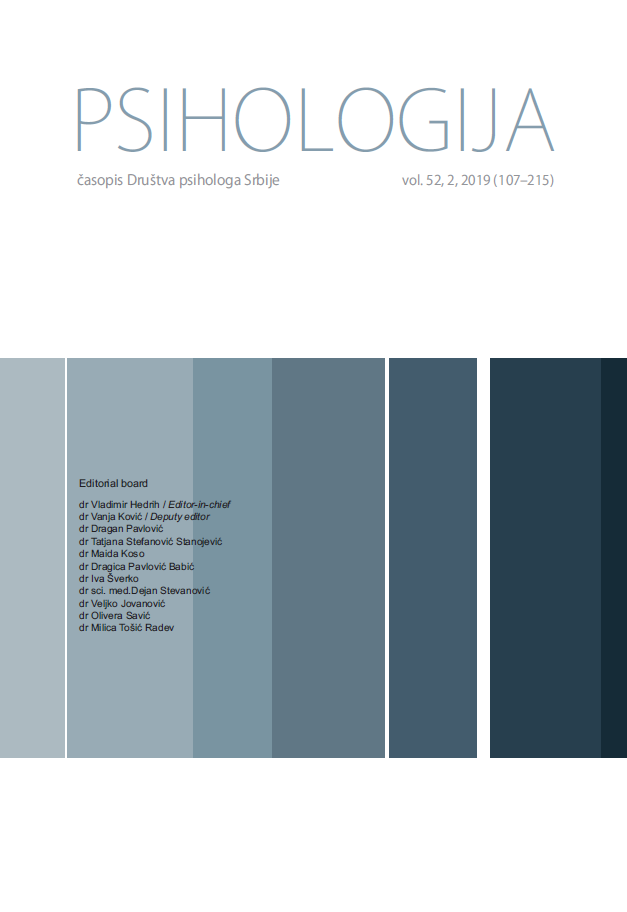Individual differences in literary reading: Dimensions or categories
Individual differences in literary reading: Dimensions or categories
Author(s): Filip Nenadić, Milan OljačaSubject(s): Social Sciences, Language and Literature Studies, Psychology, Applied Linguistics, Psycholinguistics, Cognitive linguistics
Published by: Društvo psihologa Srbije
Keywords: literary reading;latent class analysis;expertise;individual differences;
Summary/Abstract: Literary text reading has long been a subject of empirical research. Various measures of reader differences and reader typologies were suggested, with the most prominent being studies of literary expertise, and studies employing Literary Response Questionnaire (LRQ; Miall & Kuiken, 1995). Literary expertise is difficult to define and fails to account for potential differences within non-experts. LRQ and similar dimensional approaches neglect the possibility that a salient reader typology does exist. The main goal of this study is to test whether a salient reader classification can be formed based on participant responses to questionnaires and to test how this classification corresponds to self-reported reader expertise. Based on responses from 741 participants (78.41% female, mean age = 24.31), we test the factor structure of LRQ in its Serbian translation and find moderate, acceptable fit. We also present our own Receptiveness to Literature Questionnaire (UPK) with two factors named Thorough Reading and Reading for Pleasure. Finally, we discuss relations between LRQ and UPK, offer classifications of readers formed on participant factor scores, and test the congruence between these classes and self-reported participant expertise. Our results indicate that a dimensional approach should be favored over forming categories of readers.
Journal: Psihologija
- Issue Year: 52/2019
- Issue No: 2
- Page Range: 179-196
- Page Count: 18
- Language: English

